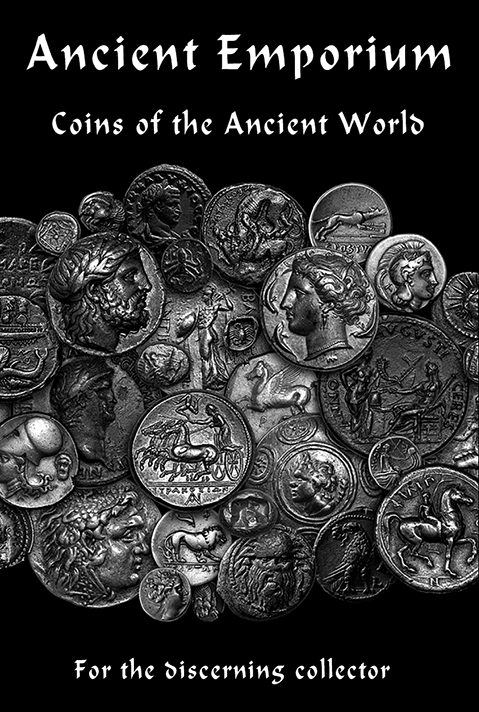The Greek government says that Turkey will violate UNESCO’s conservation rules if President Recep Tayyip Erdogan moves ahead with plans to turn the historic Hagia Sophia site in Constantinople (present day Istanbul) – currently a museum – into a mosque.
UNESCO listed the sixth-century structure—which was converted from a church into a mosque in the 15th century—as a world heritage site in 1985. Erdogan is pushing for Hagia Sophia to be turned into a mosque once more but any changes to its status would need to be approved by UNESCO, says the Greek culture minister, Lina Mendoni. Turkey’s highest administrative court, the council of state, is considering the request and says it will give its decision in the next 15 days.
Erdogan reportedly told ruling party officials: “God willing, after the decision by the council of state, we will pray in the Hagia Sophia.” Last year, the President pledged to turn the former cathedral into a mosque ahead of local elections, a move designed to rally his conservative base. His plans, however, have sparked an international backlash.
Mendoni told a Greek radio station earlier this week that “[we] informed UNESCO member states why Hagia Sophia should not be converted into a mosque or, if you prefer, return to any religious status and should remain a museum. And we did it because Turkey seems to be taking advantage or even ignoring its obligation to UNESCO, as Hagia Sophia is a monument of world cultural heritage. In order to change its status, a decision will have to be made by the UNESCO intergovernmental committee.”
The Art Newspaper understands that the date of UNESCO’s next committee meeting has not been set. UNESCO declined to comment further regarding the Turkish government’s plans but Ernesto Ottone Ramirez, UNESCO’s assistant director for culture, told Greek press last month that “before any decision can be taken to change the status of a Cultural Heritage Monument, such as Hagia Sophia, a decision of the relevant UNESCO intergovernmental committee is required”. He added that UNESCO had written to Turkish authorities in June outlining its concerns but had not yet received a reply.
Meanwhile, Mike Pompeo, the US secretary of state, says in a statement: “We urge the government of Turkey to continue to maintain the Hagia Sophia as a museum, as an exemplar of its commitment to respect the faith traditions and diverse history that contributed to the Republic of Turkey, and to ensure it remains accessible to all.”
The AFP also reports that Russian officials and the Russian Orthodox church have likewise urged caution over calls in Turkey to alter the status of the Hagia Sophia, the historic former cathedral in Istanbul.
Kremlin spokesman Dmitry Peskov said the future of the historic site was a domestic Turkish issue, but added that he hoped Hagia Sophia’s status as a World Heritage Site would be “taken into account”. He said the former cathedral was a “world masterpiece” that has “sacred value” for Russians.
Deputy Foreign Minister Sergei Vershinin told reporters Russia hopes “the global significance of the object will be taken into account”.
The head of Russia’s Orthodox Church Patriarch Kirill said he was “deeply concerned” by the moves, describing Hagia Sophia as “one of the greatest monuments of Christian culture”. He said that altering the current neutral status of the historic building would cause “deep pain” among the Russian people.
“A threat to Hagia Sophia is a threat to the whole of Christian civilisation, and therefore to our spirituality and history,” the Orthodox church leader said in a statement. “To this day, for every Russian Orthodox person, Hagia Sophia is a great Christian shrine,” he said, urging the Turkish government to be cautious. The Hagia Sophia was built under the Byzantine emperor Justinian in the sixth century when Istanbul was Constantinople; the historic building was the largest Greek Orthodox church in the world and described as the “eastern heart of Christianity”.
After the Ottoman conquest of the city in 1453, the cathedral was converted into a mosque. In 1935, the founder of the secular Turkish Republic, Mustafa Kemal Ataturk, pronounced it a museum, deeming it “open to the visits of all nations and religions”. Last year, it received more than 3.7 million visitors, making it Turkey’s most popular tourist destination.
According to the Financial Times, the Hagia Sophia would still be open to tourists if it becomes a mosque, though its frescoes and mosaics would be concealed to comply with interpretations of Islam forbidding the depiction of animal and human forms.
Source: The Art Newspaper & AFP [July 03, 2020]






Why another mosque? There is a huge mosque across the square from Hagia Sophia. It should remain as a museum.